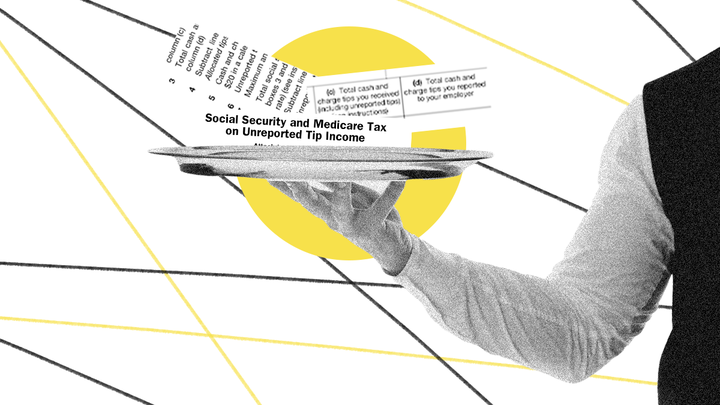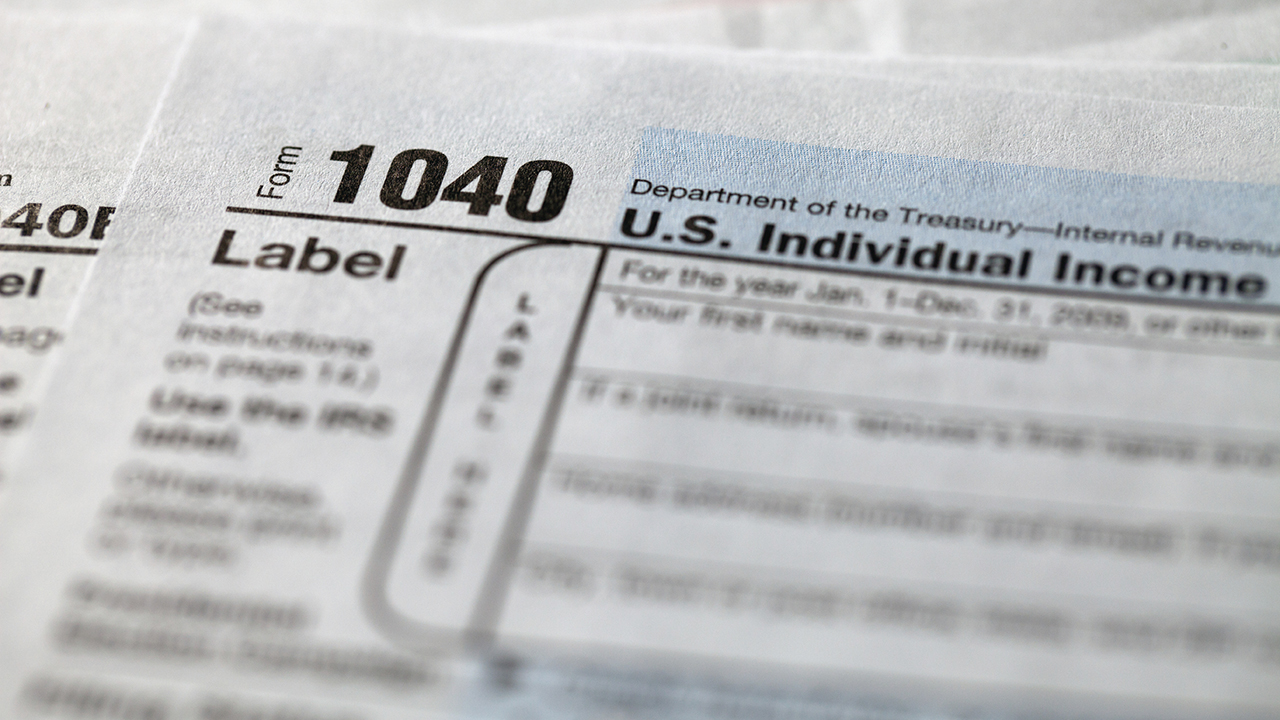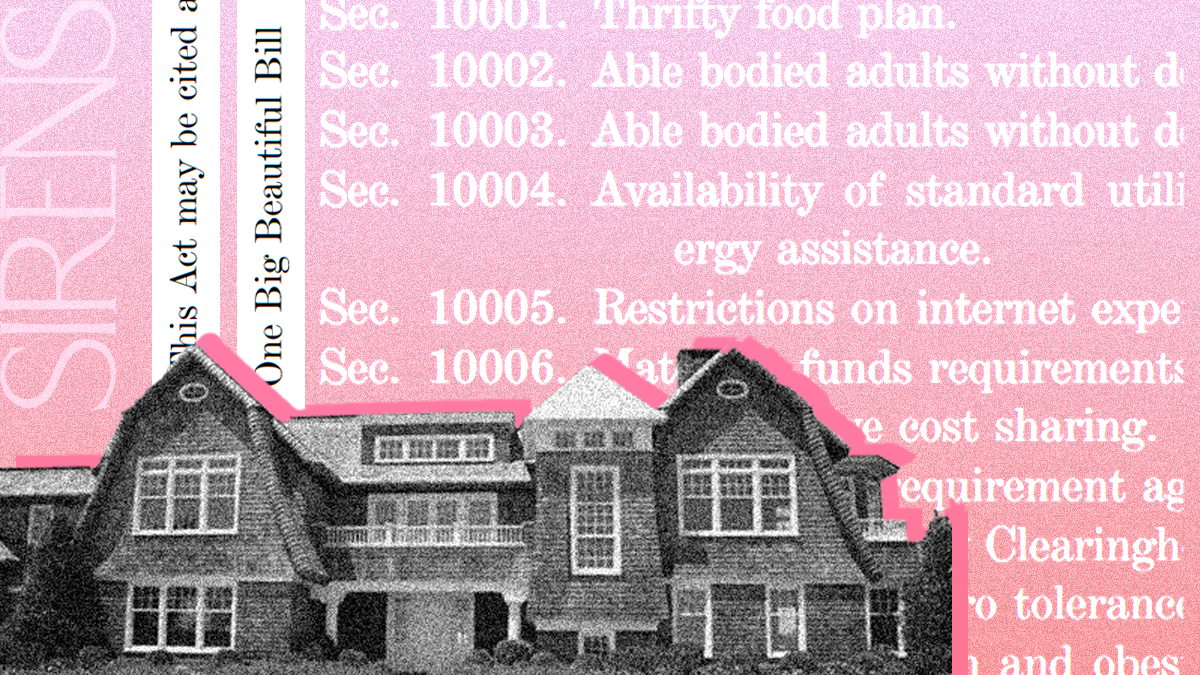Abortion rights, women of color, and LGBTQIA+ people are under attack. Pledge to join us in fighting for gender justice.
Why Exempting Tips from Taxes Sounds Good for Workers—But Isn’t

Starting *just one more* episode of The White Lotus at 12:04am. Ordering the bottomless mimosas at brunch. Allowing tips to be exempted from income taxes.
These all sound like good ideas in theory—but in reality, they turn out a little differently than you’d hoped.
If that last one surprises you—you’re not alone! Sure, “no taxes on tips” is a phrase that Donald Trump spouted on the campaign trail, but it’s also an idea that Vice President Harris expressed support for, and both Democrats and Republicans have endorsed some version of in Congress and in a number of state legislatures. Now experts expect that a tax exemption for tipped income will be proposed in the big tax bill that Republican leaders in Congress are working on.
But hear me out: just because an idea is bipartisan, doesn’t mean it’s good. And this one is pretty bad.
For some policymakers, proposing to exempt tips from income taxes comes from a good place: They want to help tipped workers keep more money in their pockets. There are close to 5 million tipped workers in the U.S., including not only restaurant servers and bartenders but also hair stylists, nail salon workers, and some other service sector workers. Nearly seven in 10 tipped workers are women.
Tipped workers typically make really low wages before tips—like, below the minimum wage kind of low. For more than 30 years, federal law has allowed employers to pay tipped workers just $2.13 per hour before tips, and while the wage is higher in many states, most still let employers pay less than $5 per hour to employees who receive tips. With fluctuating tips—and fluctuating hours—along with incredibly small paychecks, tipped workers in most states typically take home less than $30,000 per year (including tips), and face a much higher risk of poverty than other workers.
So why is exempting tips from income tax a bad idea?
Here’s the thing: Because of those low wages, many tipped workers don’t even owe income taxes in the first place. A study from Yale found more than one-third of tipped employees currently do not owe any federal income taxes even before tax credits are applied because their wages are so low. Even among low- and moderate-income workers who do pay some income taxes, the tax savings from a tip exemption would be small. But like other tax loopholes, people who are already wealthy could probably find a way to exploit it—reclassifying much of their high incomes as tips to avoid paying taxes. Just like the rest of Trump’s tax proposals, the rich would get richer while everyone else would lose the tax dollars we need to support our schools, our health care, and other important priorities.
At the same time, plenty of other people who work in low-paid, but not tipped, jobs would likely get no benefit at all—like child care workers, home health care workers, and retail workers, who are also mostly women and disproportionately women of color.
What should we do instead?
One simple way to put more money in tipped workers’ pockets is to…pay them more! Raising the minimum wage for everyone and requiring employers to pay all workers at least the regular minimum wage, before tips—a policy known as “One Fair Wage”—would boost incomes for millions of working people across the country. In states that already have One Fair Wage, poverty is 30% lower among women tipped workers than in states with a $2.13 tipped wage, and median earnings for tipped workers are more than $7,000 higher.
And tax policy—good tax policy—has a role here, too. Instead of exempting one kind of income from taxes, policymakers can expand income tax credits, like the Earned Income Tax Credit (EITC) and the Child Tax Credit (CTC), in ways that benefit workers and families with low incomes. The EITC and CTC are known as “refundable” tax credits because they provide a refund to workers and families who owe little or no taxes (like many tipped workers!)—and those refunds boost families’ incomes, increase the well-being of children and adults, and help reduce racial, gender, and economic inequities.
Improving refundable tax credits would do more to help tipped workers support themselves and their families with dignity and would make an income tax exemption for tipped workers unnecessary. It would also ensure that our tax code treats more low- and moderate-income workers fairly, regardless of whether that income comes from wages or tips.
Exempting tips from taxes sounds like a good idea for workers, but in practice it doesn’t live up to the hype.
But getting rid of the tipped minimum wage, expanding refundable tax credits, and raising the overall minimum wage? These ideas are good—and won’t leave you with regrets the next morning, unlike staying up late to watch The White Lotus (…and if you must indulge in some late night viewing, we suggest John Oliver’s recent segment, Tipping, for a deeper dive into how our country’s policies around tips play out for workers!).





